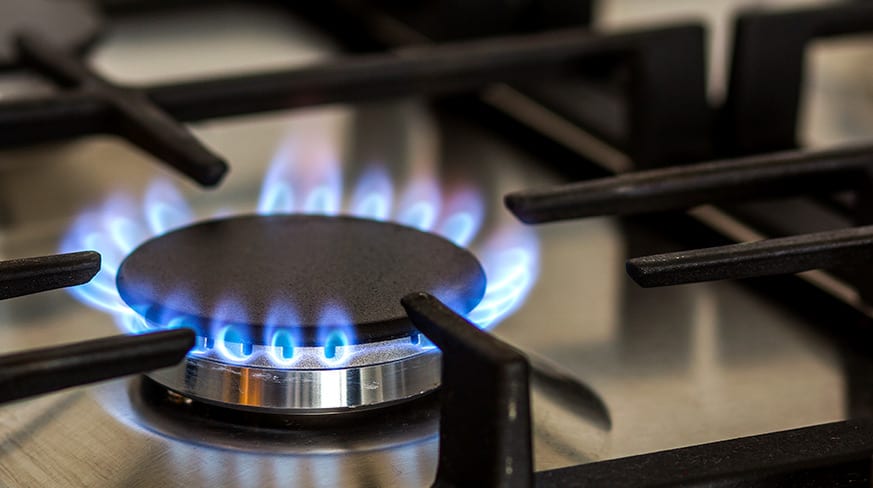EDITORIAL: Address the rising cost of gas
The recent increase in the price of cooking gas is a source of concern to many Nigerians. The product has witnessed a steady increase in price in the past four months. A kilogramme of the product is now going for about N500 across the country as against N430 in March, N450 in April and N480 […]

The recent increase in the price of cooking gas is a source of concern to many Nigerians. The product has witnessed a steady increase in price in the past four months. A kilogramme of the product is now going for about N500 across the country as against N430 in March, N450 in April and N480 in June.
As reported in the press, the price of cooking gas has continued to rise across the country on account of what has been described as acute scarcity of the commodity.
This has been attributed to the devaluation of the naira principally as importers have suddenly been confronted with an increase in the landing and related cost of supplying the product to consumers in the country.
This development led to the scarcity of the commodity as it takes a longer period to get the product into the country because the importers have to renegotiate and adjust to the new price with the foreign suppliers.
The combined scarcity and rising cost of the commodity have placed a heavy burden on Nigerians. This is in addition to the financial burden they have had to carry due to the general economic situation.
For some time now, prices of commodities have gone nowhere but high, but what is most saddening about this development is the fact that Nigeria has the product in abundance.
The situation has once again brought to the fore the paradox of Nigeria, not being able to harness its abundant resources for the full benefit of its citizens.
With four refineries and a fully functioning Liquefied Natural Gas plant in Bonny Island in Rivers State, where the commodity is produced, it is indeed odd that Nigeria resorts to importation to get gas supplies for consumption.
The Nigeria Liquefied Natural Gas (NLNG) which supplies the bulk of gas in the domestic market says it has enough capacity to meet the entire demand of the country and is willing to do so optimally.
But the challenges in gas production and supply cut across the entire value chain of the commodity. These range from the fact that there are only few off-takers with the technical capacity to evacuate the product, few receiving terminals and depots just as transportation of the product to various parts of the country and filling stations is a problem. Another key factor is the low production and availability of gas cylinders in the country.
These are issues that relevant stakeholders ought to have addressed long before now as they did not just spring up. We should not resort to importation anytime we notice bottlenecks in local production.
The way to go is to look at those problems and address them. That will save the country the much needed foreign exchange which it expends on importation, in this case, gas.
It is worthy to note that due to the scarcity and high cost of the product, some Nigerians have resorted to using firewood to cook. These woods are got from cutting down of trees and this, in itself, has implications on the environment and the health of the users.
At a recent event in Kano State, the federal government promised to reduce the cost of gas. We urge it to hasten the process to bring relief to citizens.
The government should also work with relevant stakeholders to close the gap in the observed deficiencies in the gas value chain. Over the years, there have been a number of proposals and initiatives to tackle the issue of gas production and supply in the country. The conclusion of these reports indicates that there is a vast untapped market for gas, which will greatly add to the energy mix in the country. Government should consider implementation of some of the proposals which will help in the quest to boost gas supply not just for local consumption but to serve as a major revenue earner for the country.
